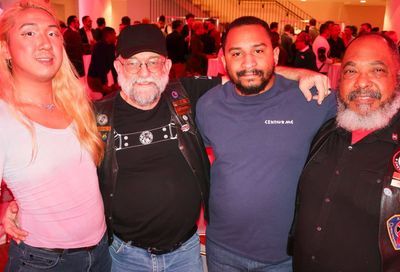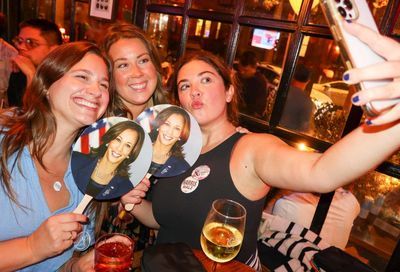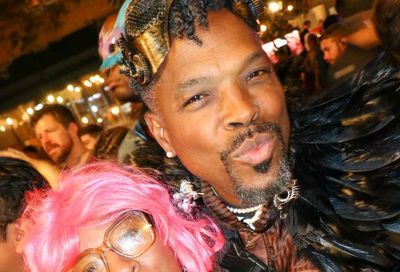Door open or door closed? NPR discusses lives of young gay kids
”I blew up – because he came out saying I’m bisexual, and for all the conversations that we had had about, you know, are you gay, and his, you know, very adamantly I am not gay. Then he announced to me that he’s bisexual, and I remember at the time, I just, I didn’t understand. And so I blew up at the thought of him kind of, I don’t know, almost mocking me, I think I felt, by saying I’m bisexual. I’m like, what does that mean? Bisexuality, does that mean you’re going to be with a girl one day and a boy the next day and then switch back and forth? And so it was not a good time.”
Nadia Bucholtz, mother of a gay son, who came out at 13. She was relaying her reaction to her son’s initial coming out. Later in her interview with Michele Martin of NPR, she says that she plans to treat her son’s dating life the same as she did with her older heterosexual son — the door will be open when he brings a guy over. (NPR)
”I told people that I was because I was, like, well, you know, I like guys, and I don’t really like girls, but maybe I could -and I was kind of like hoping. So when I told her, I meant it a little bit, because I kind of wished it was true. but looking back at it, just the way she blew up, it just, it backfired, and it just made the time even worse than I thought it was going to be. I thought it was going to help me, which it did eventually, but right afterwards, it was just really bad.”
Austin Bucholtz, 15, taking the bold step to discuss his coming out at 13 and how his family went from bad to good in dealing with his gay identity. (NPR)
”It’s a very nuanced story. I mean, one of the interesting things that we have to look at is this, is that much of the anti-gay bullying and anti-gay harassment that’s going on in middle schools and high school is more about gender non-conformity than it really is about being gay or lesbian. And by that I mean the kids who often get it the worst are bullies who are perceived as feminine and girls who are not perceived as feminine. And they tend to be the ones who get the most harassment in schools, and I spoke to kids who were more gender typical in the way they manifested, and they had a lot easier time.”
Benoit Denizet-Lewis, a gay writer who recently had a lengthy article published in the New York Times Magazine about kids in their early teens, middle school even, coming out as gay and what their experiences were like. He went on air with Michel Martin of NPR, and was answering her question if social response has progressed enough for gay kids: Is the glass half full or half empty? (NPR)
Support Metro Weekly’s Journalism
These are challenging times for news organizations. And yet it’s crucial we stay active and provide vital resources and information to both our local readers and the world. So won’t you please take a moment and consider supporting Metro Weekly with a membership? For as little as $5 a month, you can help ensure Metro Weekly magazine and MetroWeekly.com remain free, viable resources as we provide the best, most diverse, culturally-resonant LGBTQ coverage in both the D.C. region and around the world. Memberships come with exclusive perks and discounts, your own personal digital delivery of each week’s magazine (and an archive), access to our Member's Lounge when it launches this fall, and exclusive members-only items like Metro Weekly Membership Mugs and Tote Bags! Check out all our membership levels here and please join us today!

















